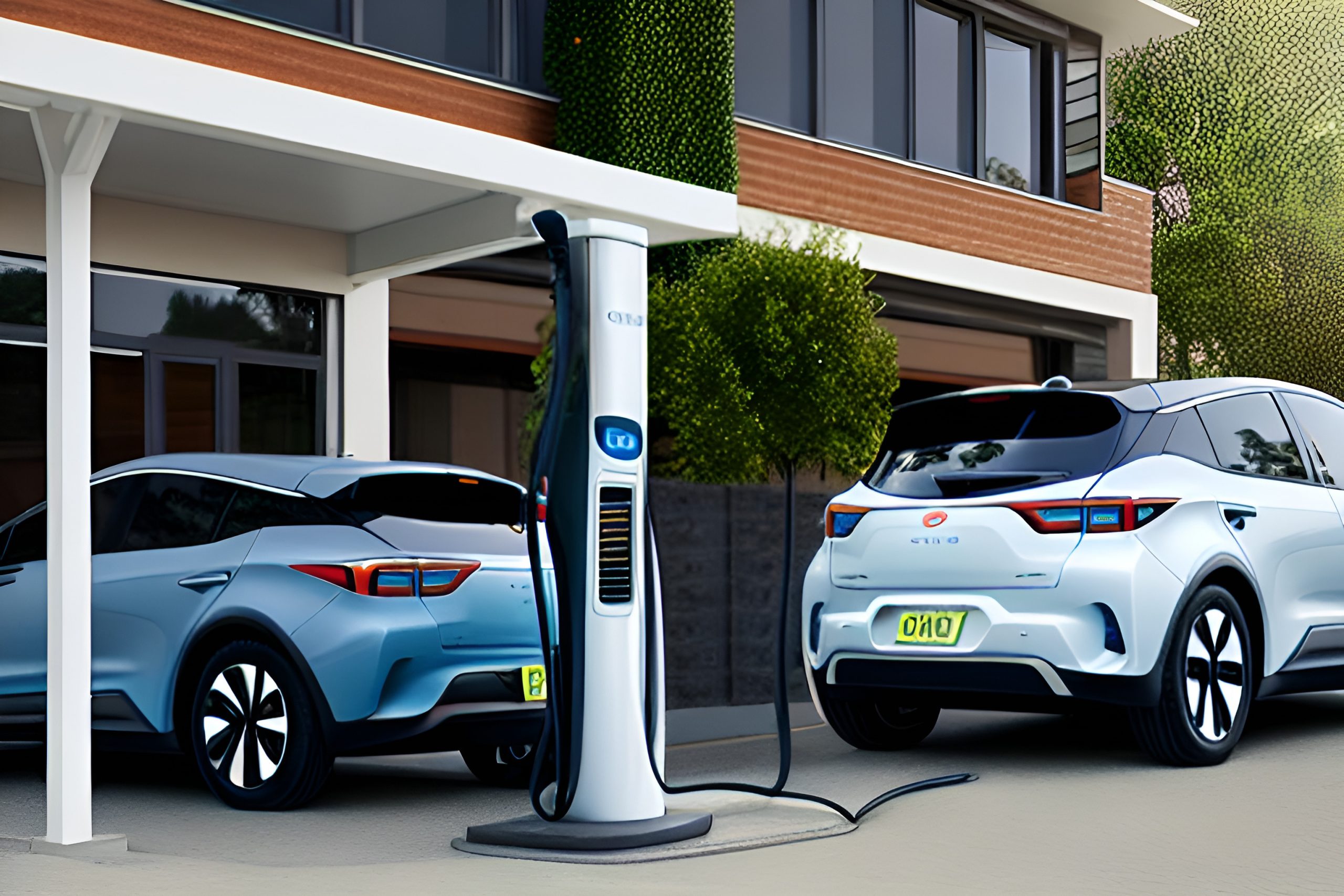If you’re reading this, then I suspect you’re either interesting in getting an EV, or are looking into it more since there is a drive to get rid of petrol and diesel vehicles in the coming years (2030 in the UK), and you want to know if range anxiety is a real thing.
Is range anxiety real?
In short, yes, it is, if you come into this being naive, as there are a number of things to understand and consider.
If you’re on the road constantly, and don’t want to stop for charging and pay expensive public charging rates, then right off the bat I’ll say wait a little and see how things change in the next couple of years, as the charging infrastructure just isn’t as good as it should be, but it is improving each week. Now many will say just buy a Tesla, and you’re sorted, but I wonder if that will gurantee success. Since Tesla are growing rapidly are now very popular, this means the benefit of their super chargers is becoming more diluted, especially since they have opened them up to other brands.
With that said, I actually would have bought a Tesla Model Y, if they hadn’t removed the ultrasonic sensors. Maybe I still will, but I’m waiting to see how Tesla Vision works out.
Anyway, getting back to it, if you’re someone who generally just drives locally, or perhaps even 100 or so miles a day, and has the ability to charge your EV at home overnight, then range anxiety is likely to be less of an issue for you. This is because most modern EVs have ranges that are more than sufficient for daily use, and charging at home is convenient and affordable.
For example, my EV is a Skoda Enyaq iV 60, which is the smaller battery version and has a range of 200 miles in the summer (marketted as 250 miles) and 150 miles in the winter (the iV80 has roughly and extra 100 miles range), so that does me just fine, and I charge to 80% once, sometimes twice a week. If you’re only driving locally or commuting to work, then you’re unlikely to ever need the full range of your EV. Similarly, if you have a home charger, you can easily charge your cars battery each night, ensuring that you always start the day with the charge you need.
That being said, range anxiety can still affect you. For example, if you’re planning a longer trip or need to drive outside of your usual radius or your cars range, you may need to plan for charging stops along the way, or you may not have enough experience with your car to trust in its range. This can require some extra time and effort, as you’ll need to locate charging stations and factor in charging times, and I admit I’ve experienced range anxiety, in the early days of EV ownership, but you soon get comfortable with your EV and know what the range is (both in the summer and winter, as the cold weather does affect range).
However, it’s important to remember that EV charging infrastructure is rapidly expanding, making it easier and more convenient to charge your EV on the go. Many public charging stations now offer fast charging, which can top up your battery in as little as 30 minutes, if your car is capable of using the maximum performance of the charger. Some newer EV models also have longer ranges, making longer trips more feasible.
In conclusion, if you generally drive locally and have the ability to charge your EV at home, range anxiety probably not going to affect you much, if at all. However, if you’re planning a longer trip or need to drive outside of your usual range, it’s important to plan ahead and be aware of where charging stations are located and the time it takes to charge. As charging infrastructure continues to expand and EV technology continues to improve, range anxiety is likely to become less of an issue for all drivers.

